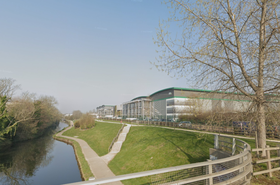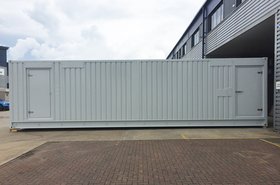Data centers have been building and growing in west London for the past 20 years – this is an outcome of the growing importance of the digital economy to the overall UK economy – an economic phenomenon developing for over 40 years.
However, there has always been a growing technology sector in the UK and one area in particular has been west of London reaching out to Reading and beyond. This sector has driven job growth in the area and is an important part of the global internet and the UK technology economy.
The UK employs three million people in technology with an average salary of £53,518 versus a UK average of £36,903 according to Tech Nation in 2020.
Houshold electricity demand is up, too
As noted in the article, newer more stringent building regulations will require a huge increase in household electricity consumption and this is coupled with demand for (electric – not gas) heat pumps and electric car charging.
The bigger issue here is that the economy is digitizing (a good thing both for jobs and sustainability) and this will drive demand for data centers that are the hubs of the digital economy. However, the economy needs to electrify very rapidly to achieve its sustainability targets, and both of these are what is putting pressure on the grid.
For an advanced and sustainable economy like the UK, we need both digitization and electrification – this is a big issue that needs joined up thinking between businesses, government and developers. That is why the EUDCA engages national and EU governments in a proactive way to push for policies and action that will help us get where we need to be.
Another interesting element is that micromanaging demand could be a way to get efficiencies in the electricity grid – this will require the investment into a smart grid. Eg: to get more use out of the grid, you need to add digitization in the form of IoT and artificial intelligence. All of this has to live in – a data center.




